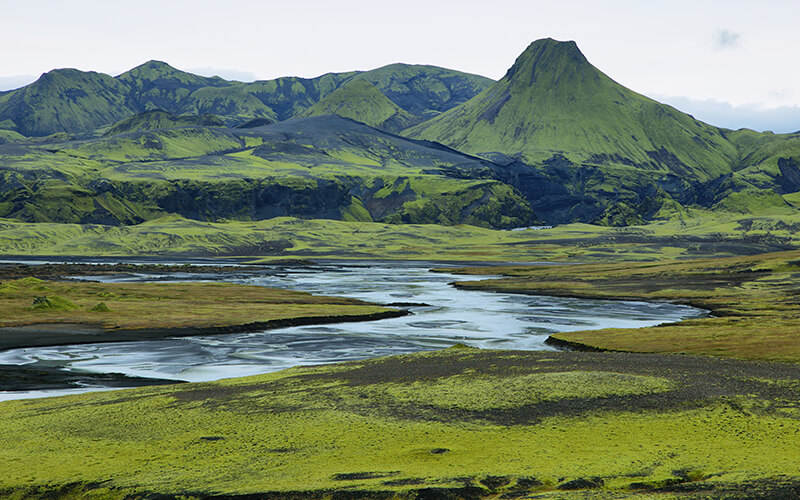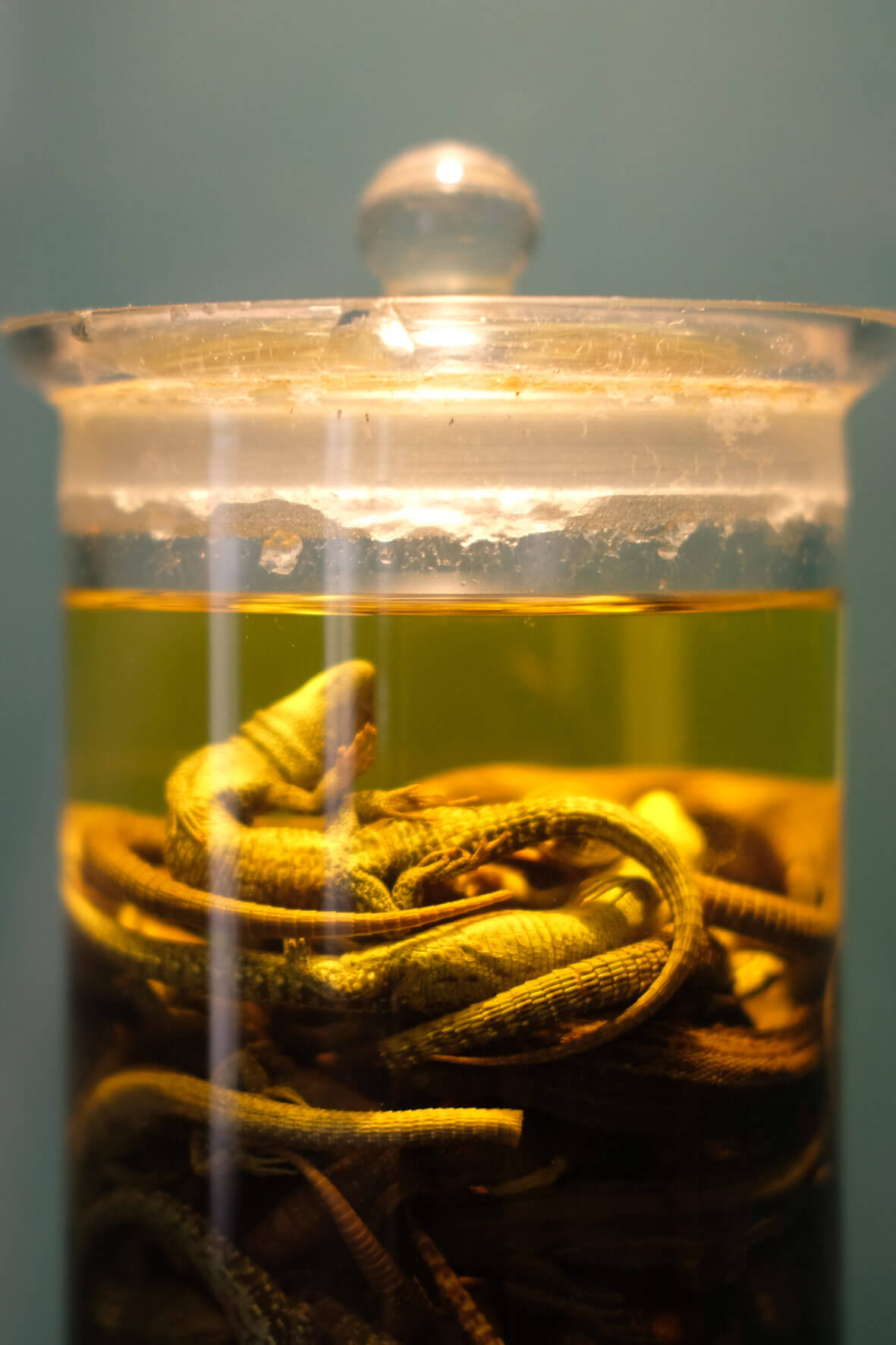This page is also available in Bulgarian ›
The DiSSCo consortium in
BULGARIA
The Bulgarian DiSSCo consortium consists of:
– Institute of Biodiversity and Ecosystem Research – Bulgarian Academy of Sciences (IBER-BAS)
– National Museum of Natural History, Sofia – Bulgarian Academy of Sciences (NMNHS-BAS)
These institutions maintain collections accumulated during the last 130 years. They are the main Bulgarian centres carrying out collection-based research and providing biodiversity-associated services. IBER-BAS and NMNHS-BAS are in partnership for years, with a long history of implementation of joint infrastructural, research and applied projects.
participating institutions
Prof. Boyko B. Georgiev, PhD, DSc
Institute of Biodiversity and Ecosystem Research – Bulgarian Academy of Sciences (IBER-BAS)
bg@dissco.eu
IBER-BAS
IBER-BAS is the leading national research centre in ecology, biodiversity, conservation biology and sustainable use of biological resources. Scope: botany, mycology, zoology, ecology, hydrobiology, conservation biology, wildlife parasitology, environmental genetics and evolutionary biology. Staff: 235 persons (108 researchers, 49 taxonomists). Collections: c. 500,000 lots (Herbarium, Mycological, Palaeobotany/Palynology, Zoological).
NMNHS-BAS
NMNHS-BAS is the oldest museum in Bulgaria (founded 1889). It is the main national institution engaged in preservation of natural history collections and a leading research centre in biospeleology, archaeozoology, palaeontology of vertebrates, entomology and bat studies. Staff: 55 persons (21 taxonomists). Collections: c. 1,500,000 lots (Mineralogy, Palaeonthology, Zoology, Botany).
Catalogue of type specimens in the major Bulgarian natural history collections ›
Participating institutions in
Bulgaria
Roadmaps
National Funding
Both IBER-BAS and NMNHS-BAS are funded by state subsidies, which are in the frames of the budget of the Bulgarian Academy of Sciences. In 2009-2012, substantial improvement of the collection facilities was achieved by a grant of the Bulgarian National Science Fund (Project “Development of a National Centre of Excellence in Biodiversity and Ecosystem Research – CEBDER”). In August 2019, the Bulgarian DiSSCo consortium submitted an application to the Bulgarian National Roadmap for Research Infrastructures, proposing a project for physical and digital development of the collections. It is for the period 2020-2023 and the total requested funding is 5,200,000 BGN.
Our achievements
Success Stories
The natural history collections maintained by IBER-BAS and NMNHS-BAS are an important part of the scientific basis for the nature conservation in Bulgaria. Based on their examination, a comprehensive assessment of the biodiversity of the country was achieved. It resulted into the establishment of the national network of protected territories (3 national parks, 11 natural parks, 55 nature reserves, 35 managed nature reserves, c. 560 protected sites and c. 340 natural monuments). These data were also used for preparation of the Second Edition of the Red Data Book of Bulgaria (2015), the National Biodiversity Act, the National Biodiversity Strategy, the Nature 2000 network in Bulgaria. They are also used for identification of species of economic importance, pests, pathogens and vectors, etc.
The expositions of HMNHS-BAN are among the major touristic attractions of Sofia and Assenovgrad.
Everything on one screen
Collection Dashboard
The dashboard you can see below contains data on the collections of natural science institutions across Europe. Page one shows the approximate number of collections per category for all of the 89 institutes who participated in an initial DiSSCo survey and page two the national contributions to the European collection. The selection boxes allow filtering for country and institutions. The data in this dashboard is populated with information as sent by the DiSSCo partners through an initial survey in November 2017 and should therefore be considered as preliminary. Following that survey, we went through a rigorous process of identifying obvious errors and contacting individuals to correct those. Nevertheless it will probably still contain some errors and information might be outdated. Please contact Niels Raes if you detect any issues so the data can be updated.
If you would like to see a full screen version of the dashboard, please click here.

